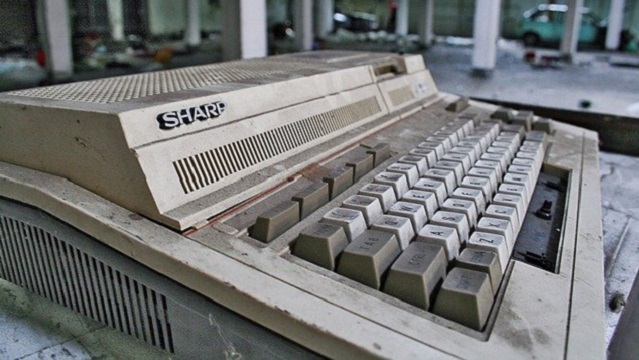Manufacturers Limit Product Repairs to Block Competition — FTC report Says
That’s why its so hard to get spare parts.
According to the U.S. Federal Trade Commission, manufacturers restrict repairs on their products in a deliberate effort to stifle competition. The report, which was submitted to the U.S. Congress, singled out mobile phone and automobile manufacturers as the worst offenders.
Have you ever wondered why sometimes it is so hard to get spare parts for older electronics? Does it seem right, or even necessary, that computer companies change the interfaces for their components every few years so that old products cannot be upgraded or get a replacement part? Once something is more than a few years old it not only becomes somewhat technologically obsolete, but also irreparable if damaged.
Remember when people were all angry when Apple changed the shape of its iPhone input port so that it could not use the old power cords that everyone already had? Was this really necessary?
The FTC report’s findings, including that “there is scant evidence to support manufacturers’ justifications for repair restrictions,” are primarily based on responses to the Commission’s requests for public comments and empirical research issued in connection with its July 2019 workshop, “Nixing the Fix: A Workshop on Repair Restrictions.”
The FTC says that repair advocates have identified different ways that manufactures build physical restrictions into their products.Apparently they use highly specialized nuts and bolts that require unique screw heads to open a device or machine. Another physical restriction is the use of glue to close device cases or chassis or to secure component parts within a device
Smoldering in computers was also cited as another practice used by manufacturers to stifle competition. By soldering RAM, storage or other components to a motherboard explains the FTC, , manufacturers eliminate the ability of consumers to replace or upgrade individual components of a product.
Repairs may be made more difficult or impossible to perform by individuals or independent repairs shops due to their inability to access parts, manuals, and diagnostic software and tools.
Congress directed the FTC to issue the report, noting that it “is aware of the FTC’s ongoing review of how manufacturers—in particular mobile phone and car manufacturers—may limit repairs by consumers and repair shops, and how those limitations may increase costs, limit choice, and impact consumers’ rights under the Magnuson-Moss Warranty Act.” Congress specifically directed the FTC to include recommendations on how to best address these problems.
Read more about: FTC






